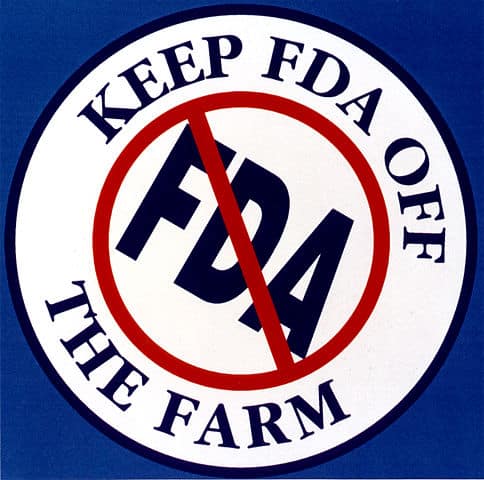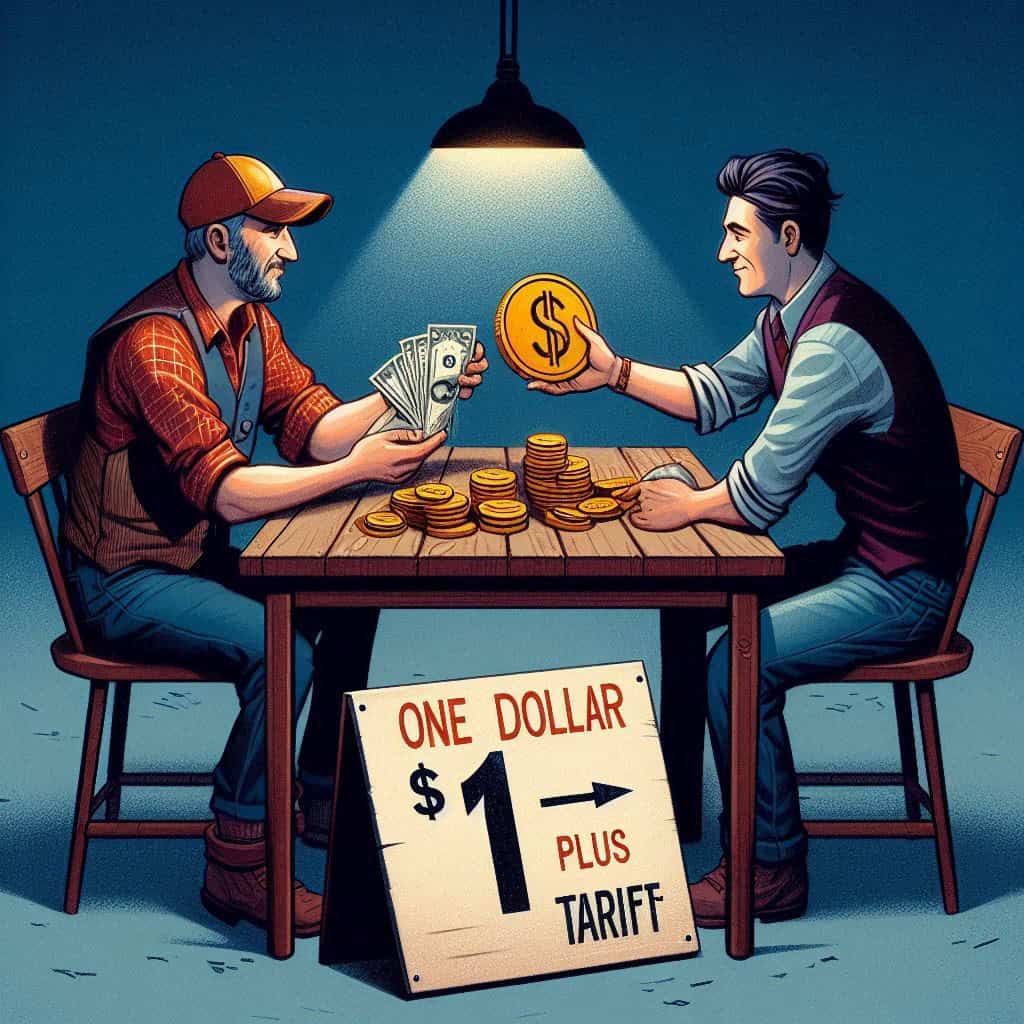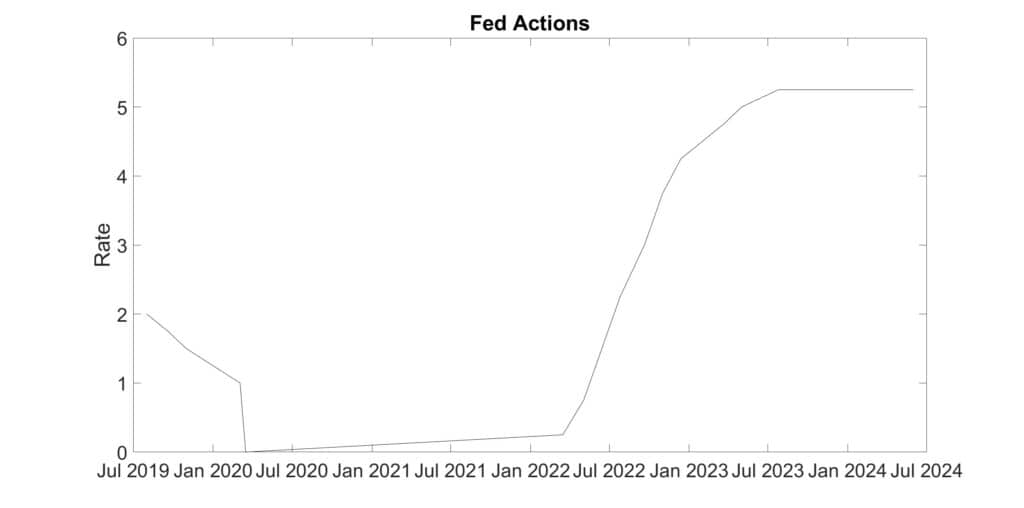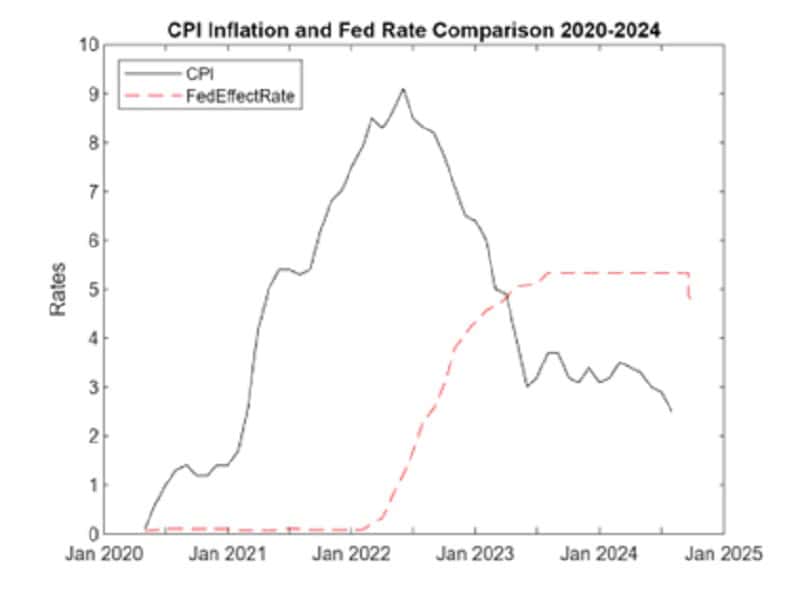Zippy Slogans and Ponderous Details
There are two levels at which the media presents economic thinking—casual and in depth.
- Casual—headlines and sound bites. They ignore consequences outside the immediate issue.
- Audience. The electorate that only pays superficial attention to issues they can’t control. They are focused on their lives, rather than societal consequences.
- Does not address trade-offs or details.
- Easy to understand immediate point.
- Often appeal to emotions rather than logic.
- In the image above “Keep the FDA off the Farm”, no mention is made that tobacco companies funded it, to inhibit the government from regulating their product.
- In Depth—articles and media talking heads. Has wider discussion of causes and potential effects. Audience is those on the fence, people who already agree and enjoy reading opposing positions being dismantled.
- Policy outlines may be distilled into headlines and sound bites. Then they lose specifics of who the policy applies to, with what condition, and what adjustments may need to be made.
- Often proposals express uncertainty or they claim certainty which is not believable.
- Typically appeals to logical thought.
- The interviewer may elicit from a guest many facts and opinions. On occasion, they are so wide that the watcher is baffled as to which decision to make.
It is non-productive to attack slogan arguments from a deep perspective. Similarly, it is to foolish to attack ponderous positions with zippy slogans which don’t acknowledge complexity or uncertainty.
Both sides are frustrated when detail arguments ignore simple consequences and focus on particular situations as when slogans ignore differing conditions.
Casual image, By The U.S. Food and Drug Administration – “Keep FDA Off The Farm” (FDA 140), Public Domain, Wikimedia
In Depth image, By DoD photo by Sgt. Aaron Hostutler, U.S. Marine Corps. (Released) – 130918-M-EV637-455Uploaded by January, Public Domain, Wikimedia









